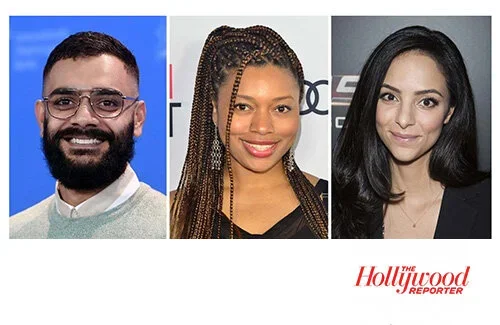In a Post-Trump America, Muslims Must Be Uplifted in Hollywood
Hamza Haq, Nijla Mu’min, and Tala Ashe
As the nation heads into a new era with Biden and Harris, Hollywood should continue to bolster Muslims throughout the industry including bringing more stories and authentic portrayals to audiences.
For American Muslims and other marginalized communities, the past four years have been some of the most trying in recent memory. While Hollywood has historically portrayed Muslims as the “bad guys” in TV and film, we had never before experienced the overt demonization of Muslims emanating directly from the most powerful and influential office in the world. The election of President-elect Joe Biden and Vice President-elect Kamala Harris has brought comfort to many in our community that the White House will once again be welcoming to all Americans, and it brings a sigh of relief to people of conscience across the globe. But make no mistake, the election of Biden and Harris is not a panacea. Systemic racism, underrepresentation and marginalization will continue to be big issues in Hollywood and beyond for the foreseeable future. The struggle for an equal and inclusive America will continue.


